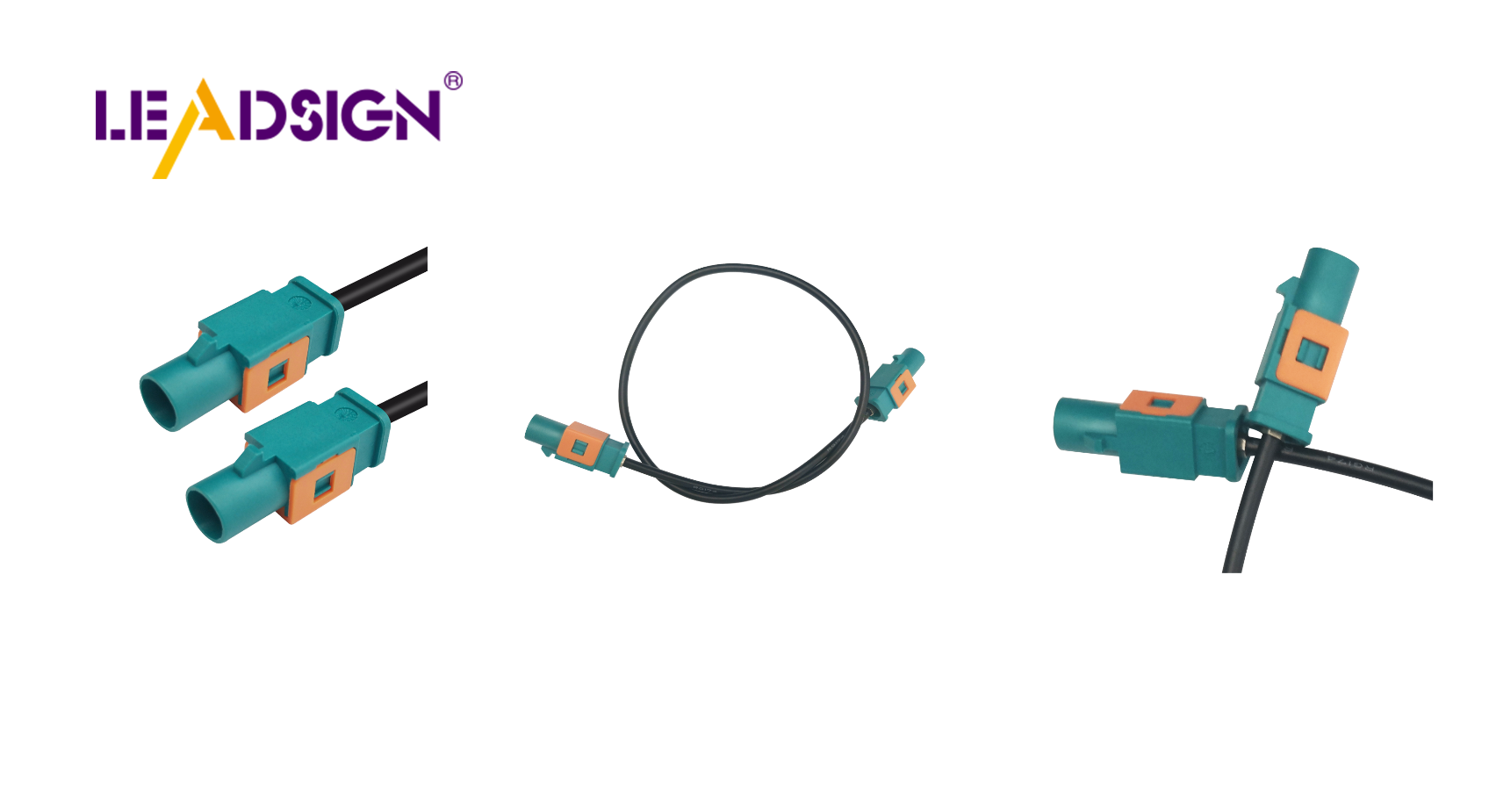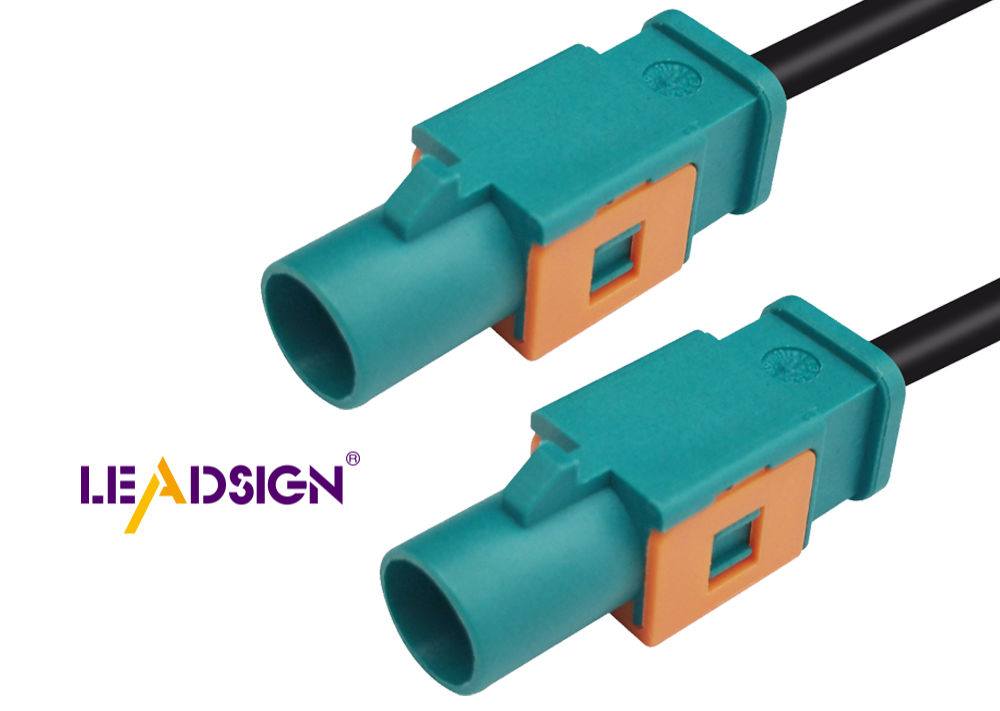Steps to Choose Car Wire Connector Types Effectively

Selecting the appropriate wire connectors automotive type is crucial. They ensure your vehicle operates efficiently and safely. Challenges such as fit and durability can arise when choosing connectors. Making informed choices ensures secure wire connections, reducing the likelihood of electrical issues. Understanding the importance of these connectors aids in making better selections, enhancing your car's performance and longevity.
Understanding Car Wire Connectors

When you start learning about car wiring, knowing different wire connectors is key. These connectors help your car's electrical system work well.
Types of Car Wire Connectors
Different connectors do different jobs in cars. Here are some common ones:
Bullet Connectors
Bullet connectors are easy to use. You can connect and disconnect wires fast with them. They are great when you need to change parts often.
Butt Connectors
Butt connectors join two wires together securely. They keep wires from coming apart easily. Use them when you need a lasting connection.
Ring Connectors
Ring connectors attach wires to a bolt or stud. They give a strong connection and are used for grounding. They come in many sizes for different bolts.
Materials Used in Connectors
The material of a connector affects how well it works and lasts. Here are some common materials:
Copper
Copper is popular because it conducts electricity well. It helps send signals efficiently and is used in high-performance areas.
Aluminum
Aluminum is light and cheap but doesn't conduct as well as copper. It's good where weight matters but not for top performance.
Brass
Brass balances conductivity with durability and resists rusting, making it reliable for cars. Choose brass for long-lasting use.
Connector Sizes and Ratings
Picking the right size and rating is important for wire connectors in cars so they can handle the power load safely.
Gauge Sizes
Gauge size means how thick the wire the connector fits is. Pick one that matches your wire's thickness for a snug fit.
Current Ratings
Current ratings show how much power a connector can take without failing or overheating, so choose wisely.
Important Things to Think About
When picking car wire connectors, think about a few key things. These help make sure the connectors work well and last long.
Matching with Car Systems
Electrical Match
Make sure the connectors fit your car's electrical system. Check if their voltage and current ratings are right. They should meet or be higher than your car needs. This stops electrical problems and keeps connections steady.
Physical Match
Physical match is important too. Connectors should fit well with car parts. They need to handle shakes and bumps. This keeps connections tight when the car moves.
Weather Conditions
Heat Resistance
Think about how hot or cold it gets where you drive. Pick connectors that can take high heat or cold. This stops them from melting or breaking easily. Look for ones that work in many temperatures to last longer.
Water Resistance
Water can harm connectors, so pick ones that keep water out. This stops rust and damage from moisture. Waterproof ones are best for cars in wet places.
Easy to Install and Keep Up
Tools Needed for Setup
Think about what tools you need to set up the connectors. Some need special tools, so check if you have them first. This makes putting them in easier and faster.
Keeping Them Working
Think about how easy it is to take care of the connectors. Some need regular checks and cleaning. Pick ones that are easy to reach and keep clean, so they work well over time.
Steps to Pick the Right Connector
Knowing What You Need
Before you pick a car wire connector, know what you need. This has two main parts:
Figuring Out Electrical Needs
First, find out your car's electrical needs. Check what voltage and current your car uses. Make sure connectors can handle this power safely. This stops electrical problems and keeps connections strong.
Thinking About Weather Conditions
Next, think about the weather where you drive. If it's very hot or wet, get connectors that can take it. Look for ones that resist heat and water to last longer.
Looking at Connector Choices
Once you know your needs, check different connectors in stores. Compare their features and specs.
Comparing Features
Write down features of each connector. Think about how easy they are to install, how long they last, and if they fit your car well. Compare these to see which is best for you.
Checking Maker Details
Look at details from makers like material, size, and ratings. Make sure these match what you need. Good makers give lots of info to help choose right.
Deciding What to Buy
After checking options, decide what to buy. Balance cost with quality and ask experts if unsure.
Balancing Price with Quality
Think about price compared to quality. Cheap ones may not last or work well. Find a good mix of quality for a fair price.
Asking Experts for Help
If confused, ask experts for help. They have tips based on experience that can guide you right.
Picking the right car wire connectors is important for how well your car works and stays safe. By knowing about types, materials, and sizes, you can choose wisely. Keep these steps in mind:
Know What You Need: Find out what your car needs for electricity and weather.
Check Choices: Look at different connectors' features and details.
Decide Carefully: Weigh cost against quality and ask experts if unsure.
Follow these steps to pick well. This will help your car run better and last longer.
See Also
Enhancing Automotive Efficiency with HFM Connectors
Significance of FAKRA Connectors in Auto Technology
Critical Role of Fakra Connectors in Auto Sector

